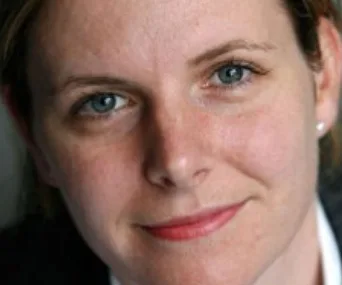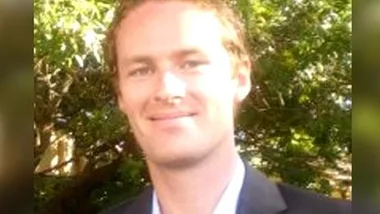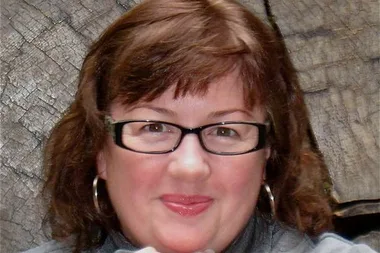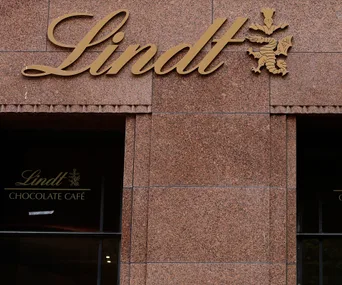Torii Johnson was named long before he was even conceived. His father, Ken, was travelling around Japan and came across a beautiful island with a torii gate, used by the Japanese to symbolically mark the transition of the mundane to the sacred.
“I had the thought that if I ever have a child I will call him Torii,” Ken, 74, tells Woman’s Day in an exclusive interview marking 10 years since he lost the precious son that he did, indeed, name Torii.
While not many will know the reason for Torii’s name, most Australians will recognise it, or as its alternative spelling Tori, and perhaps even equate it with the word hero, which is how the 34-year-old died.
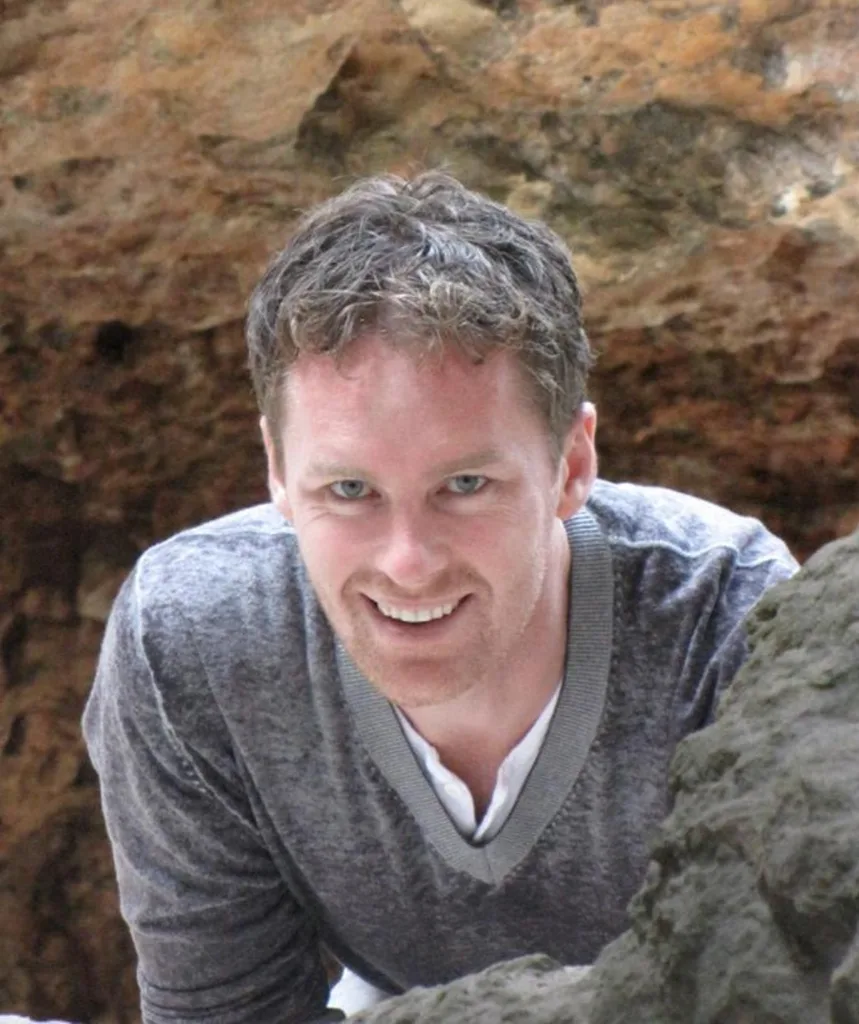
ACTING WITH BRAVERY
Torii was one of the 18 hostages in the December 2014 Sydney Lindt cafe siege, which lasted 16 hours and claimed his life, along with that of 38-year-old lawyer and mother-of-three Katrina Dawson.
But before his death, at the hands of a lone terrorist, Torii acted with extraordinary bravery and composure, even eschewing the chance of escape to stay with the other hostages.
He and Katrina were posthumously honoured with Australia’s Star of Courage.
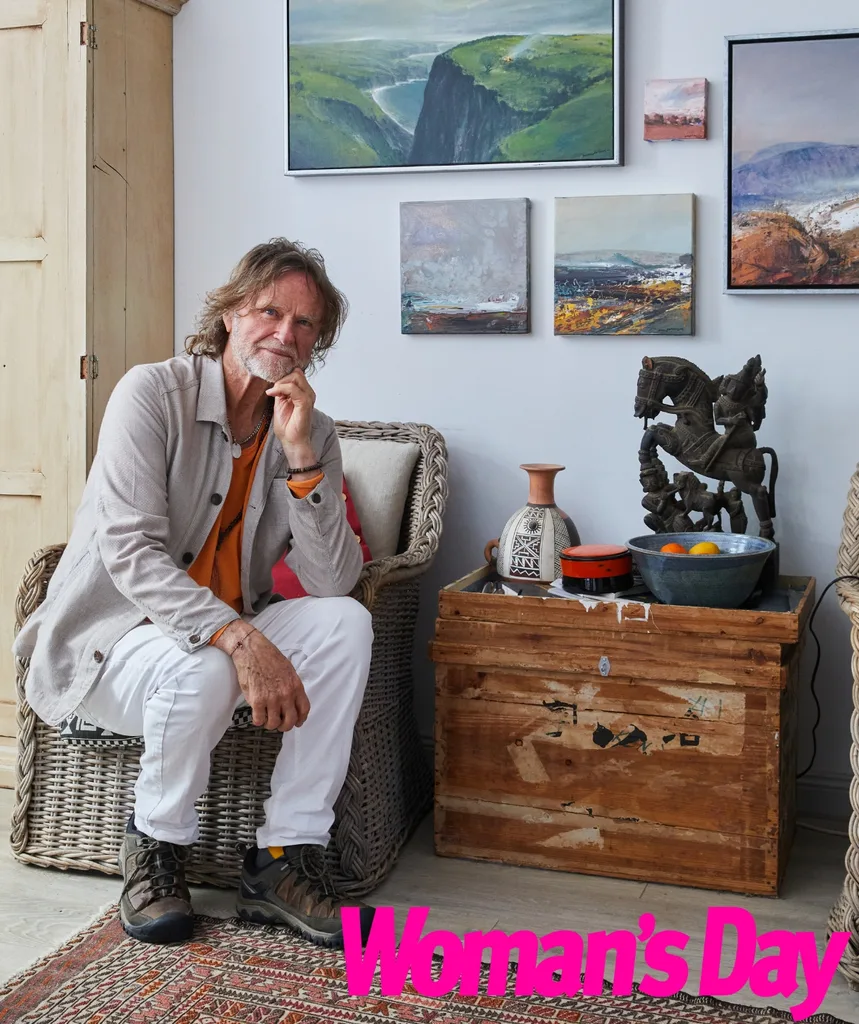
“He was always extremely thoughtful, even as a child but his bravery manifested for the first time in that cafe when he was defending the people,” Ken says from his home in Victoria.
“He made a choice to stay. He had every reason to leave but he decided to stay and he made it possible for others to escape, which says a lot about him. I’m so proud of him but he didn’t have to do it. He was so strongly committed to his beliefs and his values.”
Ken, alongside other family members of the hostages, were just a block away as the horror played out. He was able to speak with his son on the phone before he died and Torii’s last words to him are now burned into his heart.
“He said, ‘I love you and I’m very scared,’” Ken says. “We couldn’t call him back after that because we didn’t want to endanger him.” And then they heard the shots and life as Ken and Torii’s family and partner Thomas Zinn knew it, was over.
A PILGRAMAGE
“The time directly after is a blur. I ran away,” Ken says. He found himself in Japan and on a mission to find the island with the torii gate that had inspired his son’s name. He’d started a sort of pilgrimage.
“I had the first ashes ceremony for Torii under the gate in Japan and it became a theme from that point on.
“I tried to find islands on lakes around the world and I took Torii’s ashes everywhere, scattering a few. He was an intrepid traveller like me and I went to all the places we’d been. Canada, Spain, Sweden, Italy, the Ganges. I wanted his soul to live on.”
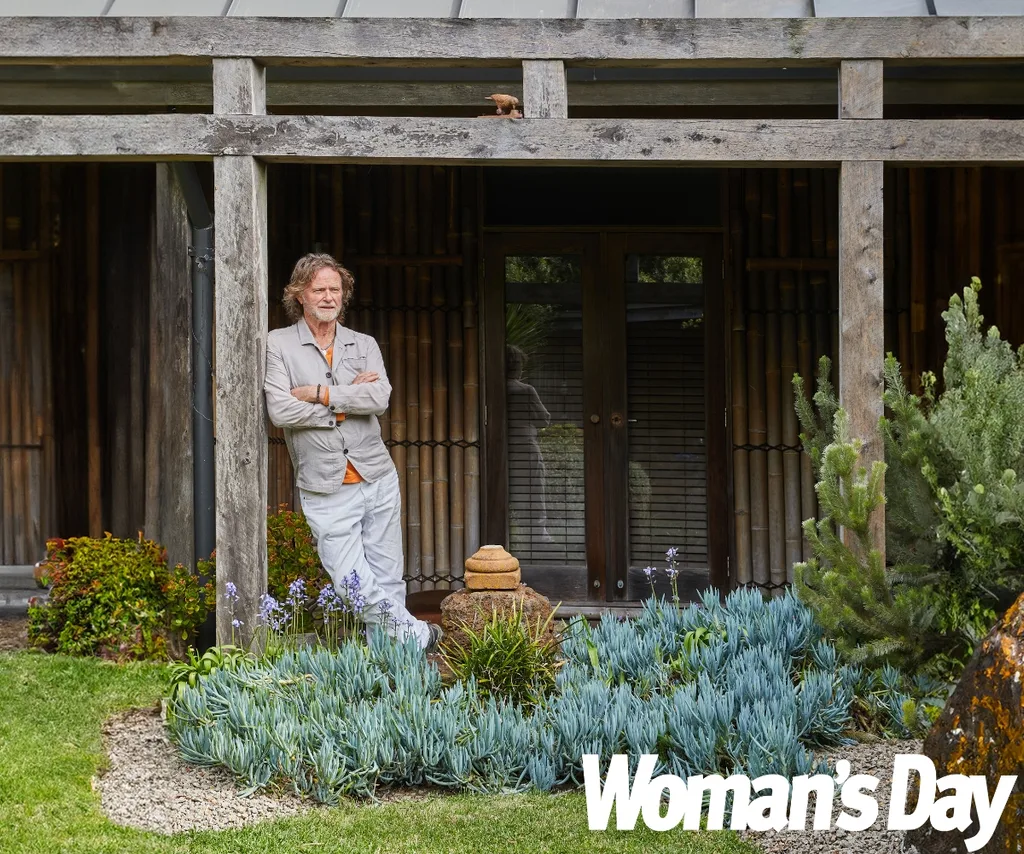
Ken was dragged back to stark reality with the inquest in Sydney in 2015 that replayed the entire ordeal and concluded it was mishandled and police should have gone in earlier than they did.
“It was a big undertaking, going every day for six months,” Ken says and he calls it ultimately “futile and disappointing”.
It certainly did not form part of the healing process and for Ken, an artist and sculptor, this started with his work. He decided he wanted to build a giant red torii gate and in the strangest of co-incidences, someone his brother knew happened to have a discarded one.
“I rebuilt it in the Byron Bay Hills, and we had a beautiful ceremony there for Torii,” Ken says, adding that it was still impossible to settle, even after.
CATHARTIC
“I think of him all day every day and I have done since he was born but since this incident it’s hard to detach that from your thinking. It was such a horrible travesty of justice for him and the family. The shock is still unbelievable,” he says.
Ken kept painting and travelling, hoping if he lost himself somewhere, that a magic thing would happen. It took five years but in the end, he says, it did. Another strange set of coincidences connected
him with Susana Travassos, a Portuguese singer who performed at Eurovision.
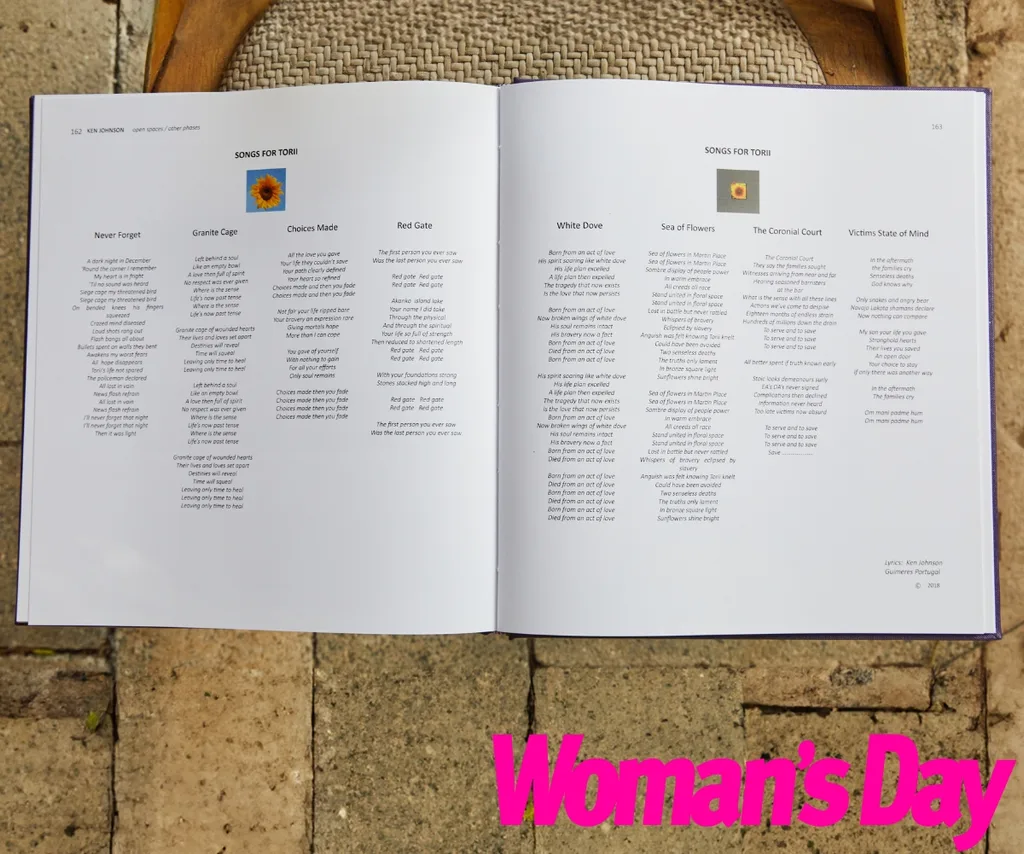
“I started writing my thoughts and feelings about Torii and what had happened and Susana saw them and wanted to record them as songs,” Ken says. “I’m not a musician but suddenly we had a producer and a little band and we were recording in the best studios in Europe.”
It was entirely random but also the episode that Ken believes “saved his life”.
“It was incredibly powerful and cathartic. I’d been seeing counsellors who couldn’t get me there and in the end it was the music that did it. I gained such strength from it,” he says.
“I’ve learned that grief will consume you in a way you can’t control but it’s a curve and at some point words like hope do appear. Things manifest that help alleviate the intense trauma and allow you to see things more clearly. After the album I thought, well he’s not coming back. I have to start going with the flow of life and not torment myself.”
FINDING SOLACE
It’s why the eighth anniversary was Ken’s cut-off point.
“I’d said everything I’d wanted to say [in the songs] and it was as far as I could take it at that level,” he says.
He built a torii gate for his home in the Mornington Peninsula and it became a space to rest and remember Torii peacefully.
For the upcoming 10th anniversary Ken will be in Japan and he says any public memorial is not for him.
“I don’t want to be part of something that will reignite something I don’t want to reignite,” he says, adding that he’s not in touch with Katrina’s family or other victims because it’s too painful. “We were in touch at the start but it’s not fair on anyone. People have to find their own way to find solace,” he says.
Now that he has found some of that peace, he wants others to know it is possible.
“It’s not easy to go forward after going through something dramatic but I wanted to give encouragement to those going through it in future,” he says. “I have learned to accept and forgive but not forget.”
“Now the eighth year has come and gone, the 10th is coming up and the rest will be a surprise. Torii has found a different place to sit in my heart but I still take his ashes everywhere I go. I keep his soul alive,” he says.

